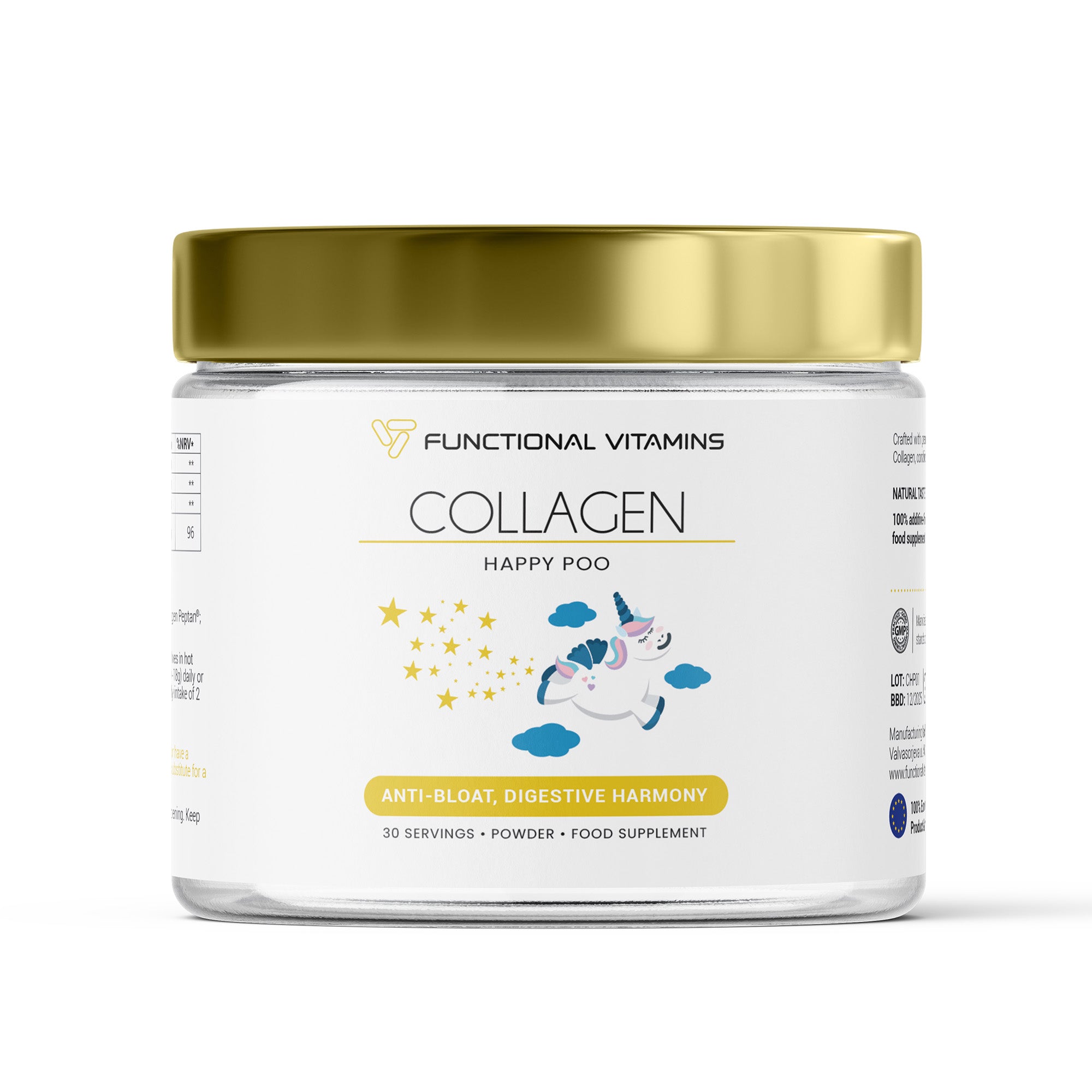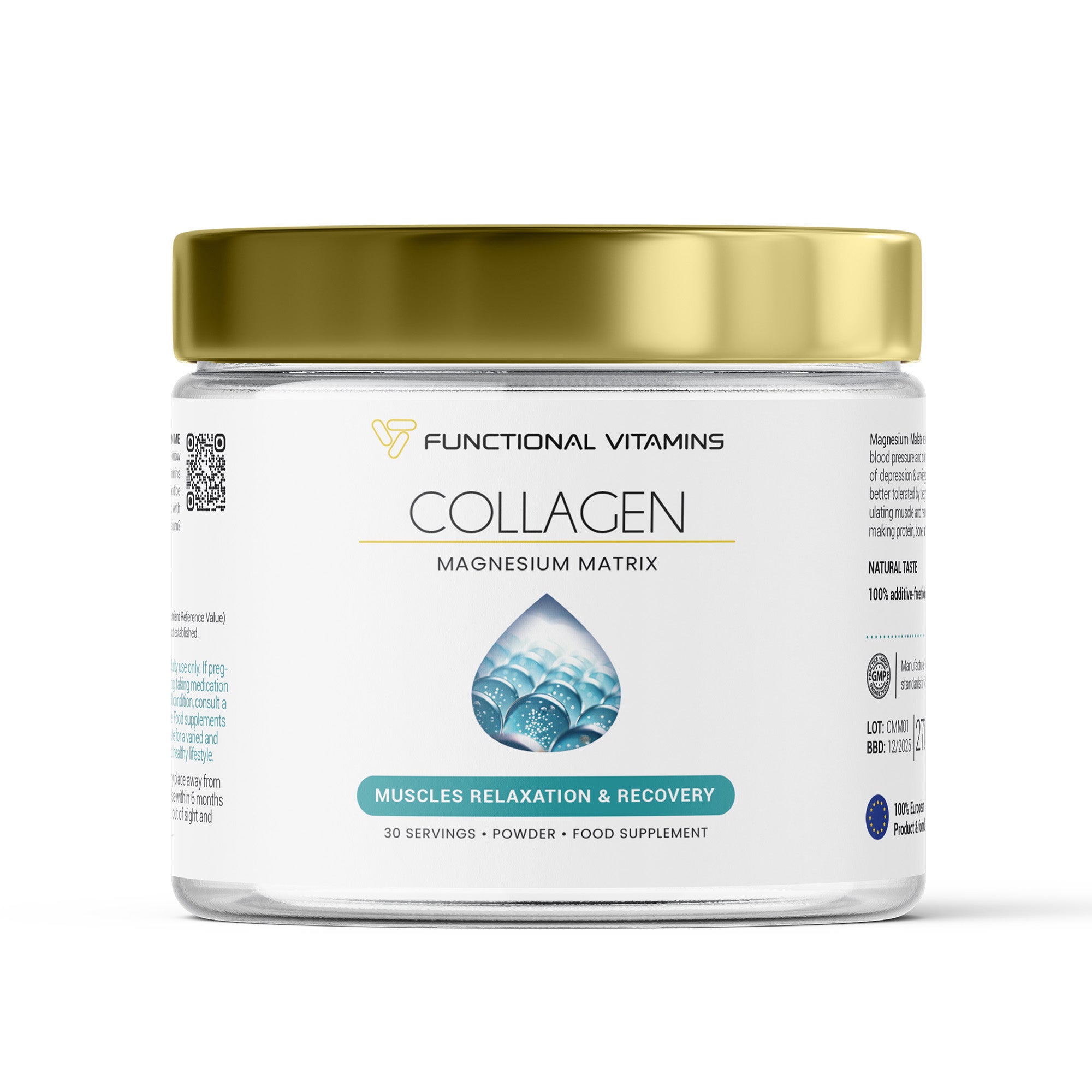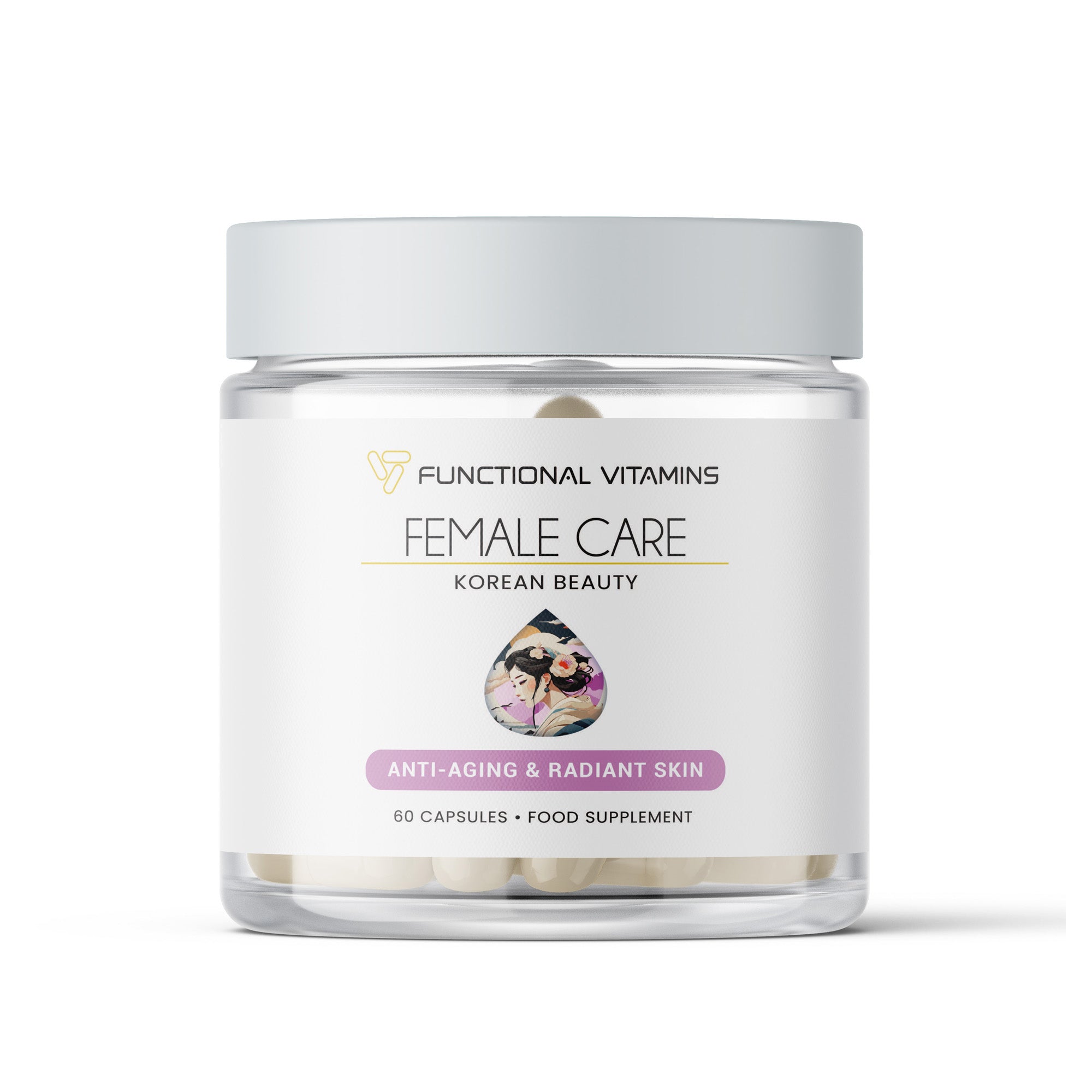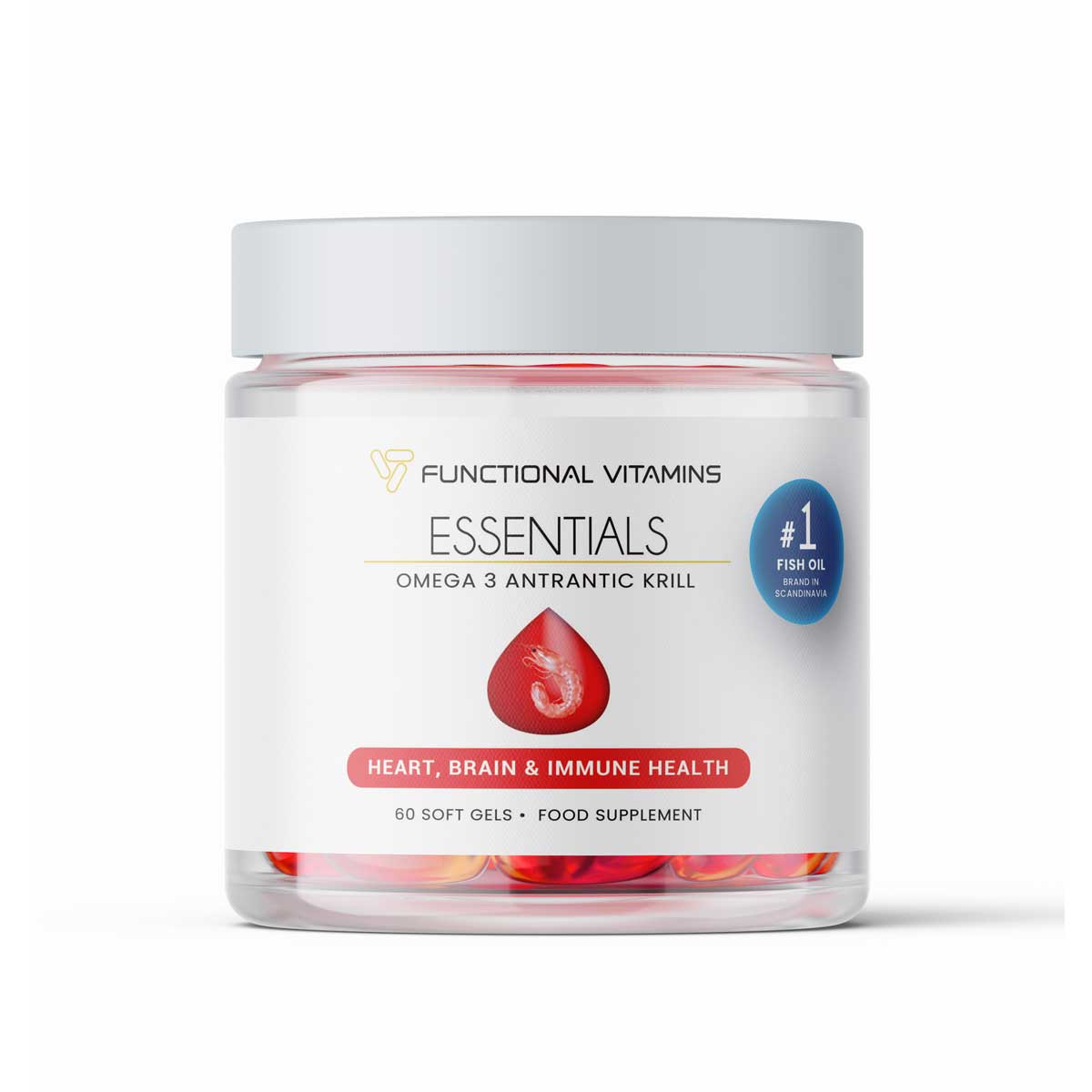Vitamin C Basics You Need to Know Vitamin C is one of the most well-known and essential vitamins for maintaining overall health. As a water-soluble vitamin, the body does not store it, making daily intake crucial through food or supplements. Interestingly, the most common form of Vitamin C found in supplements and foods is Ascorbic Acid, which plays a key role in several bodily functions, including the synthesis of collagen and L-carnitine.
Unlike fat-soluble vitamins, Vitamin C is not stored in the body, and therefore regular consumption is important. Our body uses Vitamin C to support the immune system, speed up wound healing, and absorb iron more effectively. It also acts as an antioxidant, neutralizing harmful free radicals that can lead to diseases like cancer and heart problems.
Top Food Sources of Vitamin C
Many fruits and vegetables are rich in Vitamin C, with some providing much more than the commonly known oranges and lemons. Some of the most potent sources of Vitamin C include Kakadu plums, acerola cherries, and rose hips. Here's a breakdown of the top foods that are packed with Vitamin C:
- Kakadu plums: 2907mg/100g
- Acerola cherries: 825mg/100g
- Rose hips: 426mg/100g
- Chili peppers: 242mg/100g
- Guavas: 228mg/100g
- Sweet yellow peppers: 183mg/100g
- Blackcurrants: 181mg/100g
- Parsley: 133mg/100g
- Kiwis: 75mg/100g
- Oranges: 59mg/100g
- Lemons: 53mg/100g
Interestingly, strawberries, guavas, and sweet yellow peppers contain more Vitamin C than lemons and oranges, often thought of as the primary sources of this vitamin.
Absorption of Vitamin C: How Much is Enough?
Vitamin C absorption rates vary based on the dosage. When taking doses of 30 to 200 mg/day, about 70%-90% is absorbed. However, when the intake exceeds 500 mg/day, absorption decreases to about 50% or less, and the excess is excreted through urine. This means that mega-doses of Vitamin C, often found in supplements, may not offer additional benefits beyond a certain threshold and could even be wasted.
For most people, it's essential to balance daily Vitamin C intake through food and, if necessary, supplementation. This approach ensures maximum absorption and avoids the risks of overconsumption.
The Connection Between Smoking and Vitamin C
Smokers should be especially mindful of their Vitamin C intake. Research shows that smokers need around 35 mg more Vitamin C per day than non-smokers. A study involving 11,592 people revealed that:
- Heavy smokers (20 cigarettes daily) had 79mg of Vitamin C
- Light smokers (1-19 cigarettes daily) had 97mg
- Non-smokers had 109mg
This 30% difference indicates a higher risk of Vitamin C deficiency in smokers. Ensuring adequate Vitamin C intake can help offset the oxidative stress and damage caused by smoking.
Health Benefits of Vitamin C
Beyond boosting the immune system, Vitamin C offers several other health benefits:
- Stress relief: Regular intake helps the body cope with physical and emotional stress, reducing cortisol levels.
- Cold prevention: While it may not entirely prevent colds, Vitamin C helps reduce the severity and duration of symptoms.
- Stroke prevention: Research shows that high blood levels of Vitamin C are associated with a 42% lower risk of stroke.
- Anti-aging: Vitamin C contributes to collagen synthesis, which helps maintain youthful skin, reduce wrinkles, and improve skin elasticity.
- Heart health: Vitamin C supports cardiovascular health by reducing inflammation and improving blood vessel function.
Why Choose Liposomal Vitamin C?
Liposomal Vitamin C is a unique form of supplementation where the Vitamin C is encapsulated in liposomes, a fat-soluble membrane, which enhances its absorption. Traditional Vitamin C supplements can irritate the stomach, especially in large doses. The lipid layer of liposomal Vitamin C protects the stomach, making it gentler for those with sensitive digestive systems. Additionally, studies suggest that liposomal Vitamin C can be up to 13 times more effective than regular Vitamin C supplements.
Liposomal Vitamin C allows for a higher absorption rate and is particularly useful for individuals needing higher doses without the gastrointestinal discomfort associated with regular Vitamin C supplements.
Conclusion
Vitamin C is an essential nutrient that supports many aspects of health, from immune function to skin health and stress management. Ensuring an adequate intake of Vitamin C through food and supplementation is crucial for everyone, but particularly for smokers and individuals with higher needs. While foods like Kakadu plums, chili peppers, and guavas offer abundant Vitamin C, supplements like liposomal Vitamin C can provide enhanced absorption and added benefits for those looking to optimize their intake.












Leave a comment
This site is protected by hCaptcha and the hCaptcha Privacy Policy and Terms of Service apply.